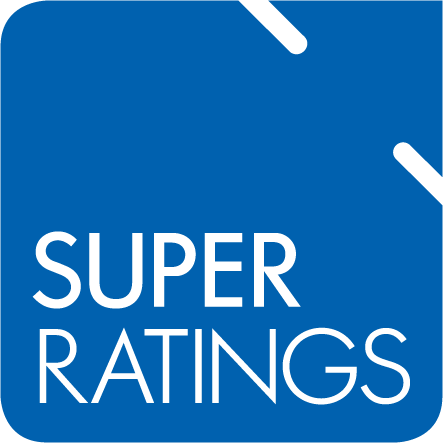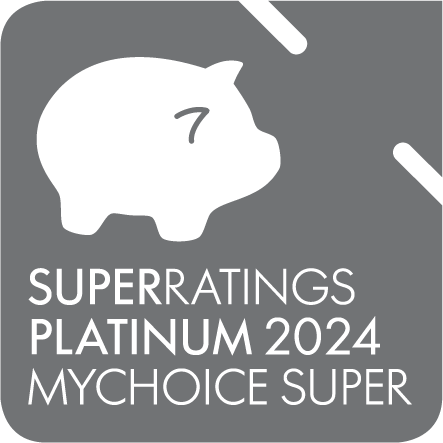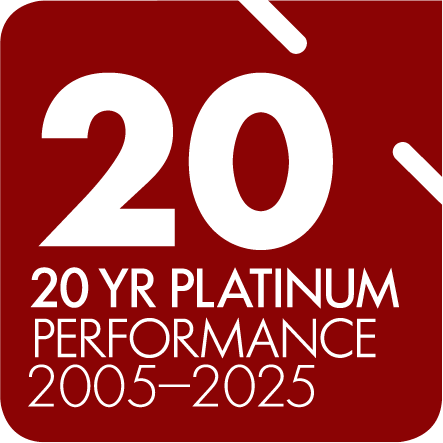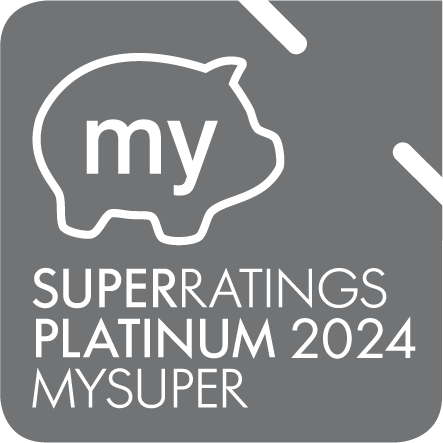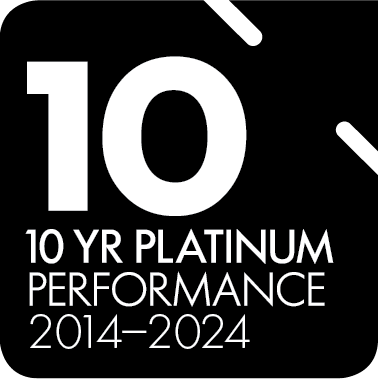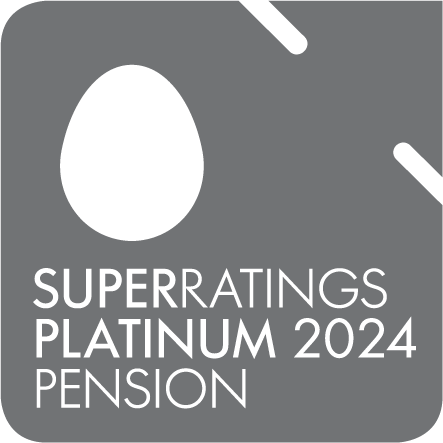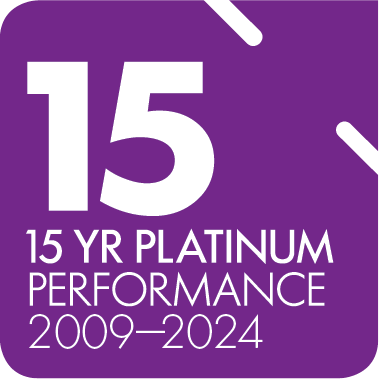Source: SMH: The rich, the comfortable middle and the rest
While those household numbers might look stark, when we get down to individual incomes, the differences tend to be less pronounced. In other words, income is more closely clustered than wealth.
We looked at this more closely back in October of 2020. According to the Australian Bureau of Statistics (ABS), someone aged 21-34 earns an average annual income of $58,000. If you’re 44-54 years that number jumps to $80,000.
Those numbers are heavily dependent on where you live and what industry you work in. Women also earn less than their male counterparts.
Wealth and COVID-19
Australia went into recession in 2020 due to the economic impact of COVID-19. But what’s surprising is that overall household wealth actually increased during this this time. According to the Australian Bureau of Statistics (ABS), household wealth skyrocketed by $501 billion in the last three months of last year.
There are several reasons for this spike, but it was largely driven by surges across three key categories:
- Property prices
- Superannuation returns
- Shares and investment returns
That’s been great news for those who already own property, shares and significant super balances, but it also exposes the growing inequality in Australian society.
If we’re the lucky country, that luck is being unevenly distributed.
Planning for the future
When it comes to long-term financial security, it’s important to remember that wealth is a journey, rather than a fixed sum amount. So regardless of your current income and financial situation there are things you can do to help reach your goals.
That includes looking after your super. Superannuation continues to be one of the primary drivers of Australian wealth. In fact, we have the fourth largest superannuation pool in the world, valued at US$3.1 trillion in March 2021.
That number continues to rise. Our default Growth Plus (formerly Aggressive) MySuper option returned members almost 20% last financial year (to 30 June 2021), while our Australian Shares option returned just north of 27% during that same period.
Taking a more long-term view, we can see that our default Growth Plus MySuper option has delivered members 9.95% p.a. over five years (to 30 June 2021). Our default Balanced Growth (formerly Balanced) MySuper option has delivered 8.64% p.a. over five years.
So, are you rich? A better question may be what are your financial goals, and how do you plan to achieve them?
Speaking with a financial planner can help you chart a course for the future. And remember, an initial appointment is available to members at no additional charge.

